Now that most taxi drivers use satnavs, should ‘the Knowledge’ be abolished? Shouldn’t we ditch the requirement that all London black cab drivers spend several years acquiring an insanely detailed knowledge of London before obtaining a badge?
In cabbie folklore, the model for the Knowledge was first suggested by Prince Albert. True or not, there is something German about the notion that every tradesman should have a qualification. And the test is teutonically stringent: more than 70 per cent of applicants fail or drop out. It demands that the prospective driver memorise 25,000 streets and 20,000 landmarks within six miles of -Charing Cross.
Now, useful as it once was, many people feel the Knowledge has been made superfluous by the arrival of cheap satellite navigation devices. I thought this. Conventional economic thinking, obsessed with ‘market efficiency’, would argue that the Knowledge is a ‘barrier to entry’ erected to maintain the scarcity of cab drivers, rather like a medieval guild. But as some people have begun to realise, markets need trust before they can be efficient. Medieval guilds existed for this reason. Trust is always more difficult in cities because of the anonymity they afford. Guilds offset this problem. If it is costly and time–consuming to join a guild, the only people who enter a trade are those with a serious commitment to a craft. And guilds are self-policing; the up-front cost of being admitted adds to the fear of being ejected. Could you really trust cabbies as you do now if they had gained their licences through attending three or four evening classes and shelling out for a second-hand TomTom?
Reciprocation, reputation and pre-commitment are the three big mechanisms which add to trust. You can use a small local firm which needs your loyalty. You can use someone larger with a brand reputation. Or you can trust someone who has made a big investment in getting a badge, and stands to lose everything if caught -cheating.
If you don’t believe this, go to Athens. Foreign passengers are on average taken on a route 10 per cent longer than Athenian passengers. Try Seville, where I was menaced to pay an imaginary €20 ‘suplemento aeropuerto’. Or Rome, where a colleague of mine was mugged by his taxi driver (he had admittedly made the mistake of being German, a nationality widely known for carrying egregiously large amounts of cash; one reason I suspect Germans are averse to bailing out southern Europe is that most of them have already been robbed there).
The Knowledge may have a value which outweighs its ‘inefficiencies’. One of the mistakes made by conservatism over the past 30 years is that it has become too much in thrall to rabid free-market economists, with their naive model of ‘an efficient market in equilibrium’. A proper conservative should ask, before excising some supposed inefficiency (the Knowledge, the monarchy or the human appendix) whether its removal may damage some valuable mechanism not easily understood by first-order thinking. Asking an economist to explain the workings of human society is like trying to understand human sexuality by consulting an expert on hydraulics.
A new and interesting breed of economics has arisen which draws inspiration from evolutionary thinking rather than from simple maths. Two good places to start in understanding this field would be Matt Ridley (The Origins of Virtue) or Paul Seabright (The Company of Strangers).
A fairly simple definition of conservatism would be as follows. If it comes to a showdown between reason and instinct, you bet on instinct. And if it comes to a showdown between maths and biology, you bet on biology.
Got something to add? Join the discussion and comment below.
Get 10 issues for just $10
Subscribe to The Spectator Australia today for the next 10 magazine issues, plus full online access, for just $10.


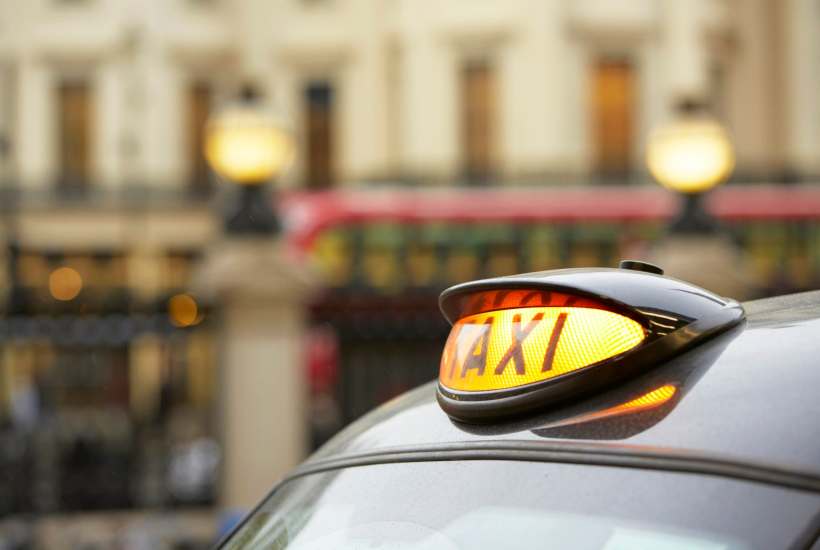


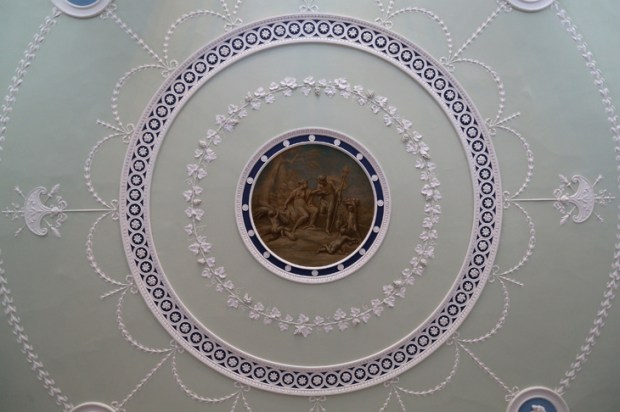
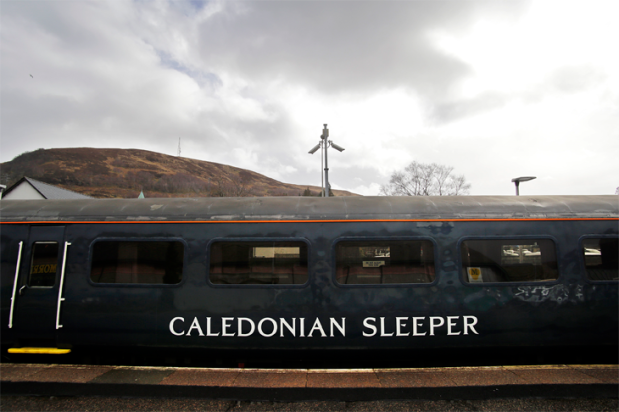
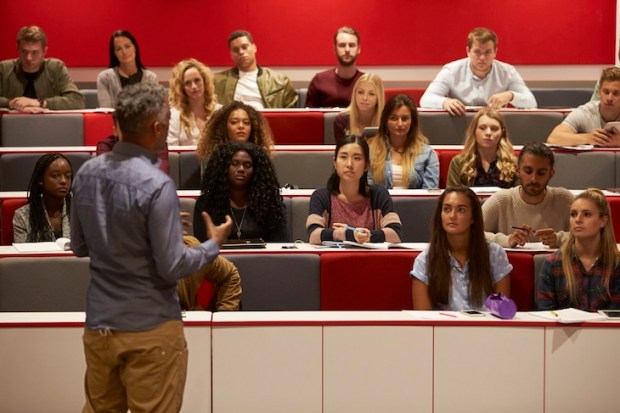
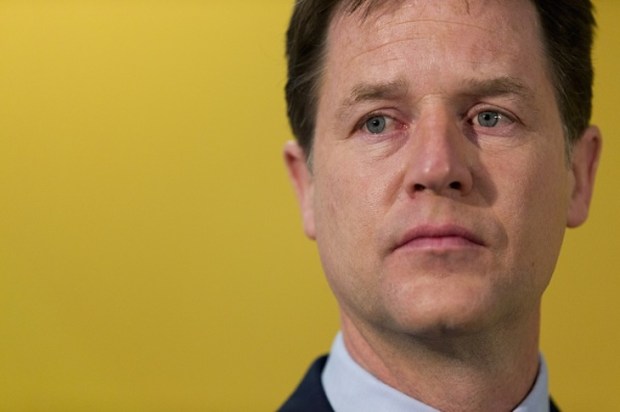






Comments
Don't miss out
Join the conversation with other Spectator Australia readers. Subscribe to leave a comment.
SUBSCRIBEAlready a subscriber? Log in